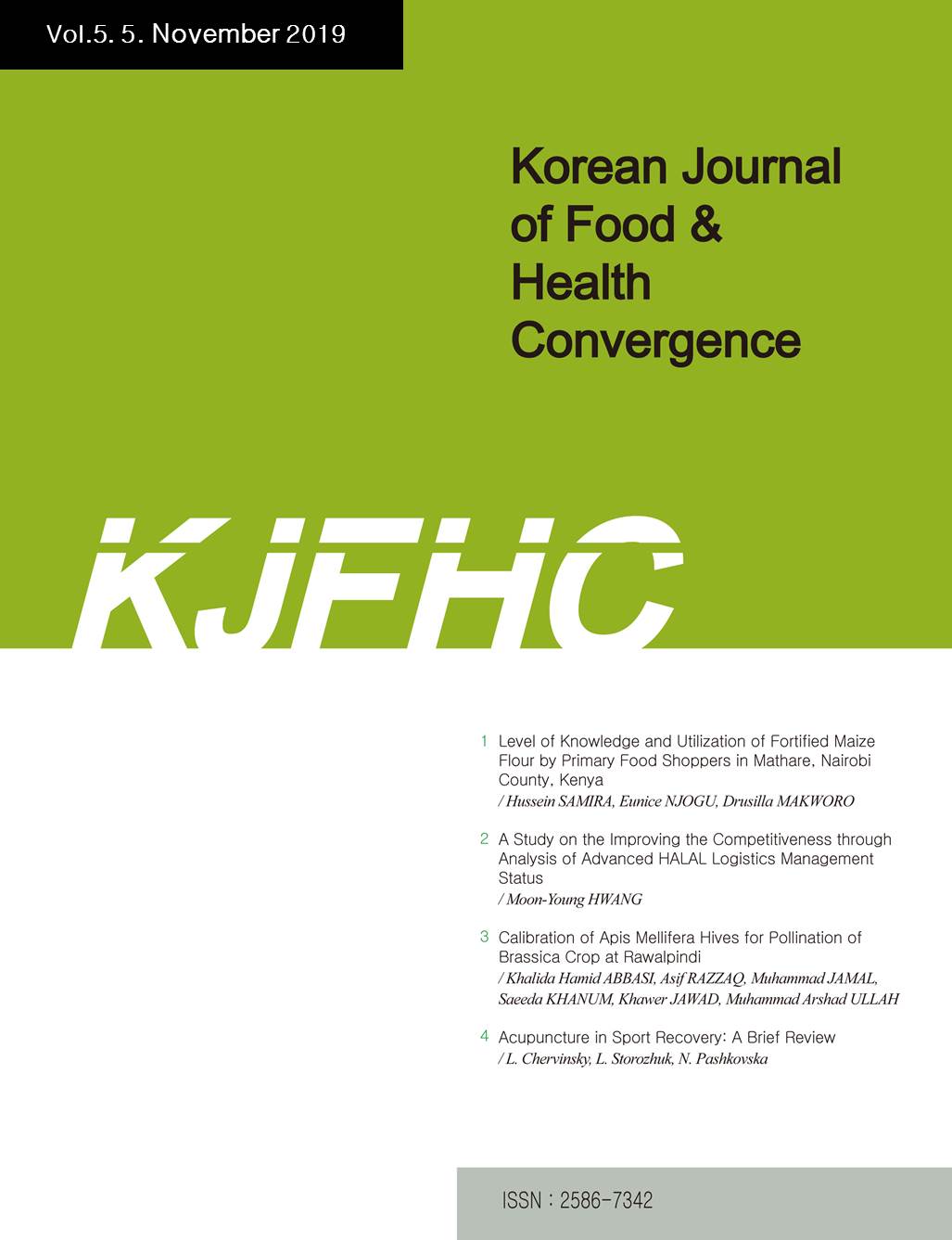- 권한신청
- E-ISSN2586-7342
- KCI
Proteins as the molecular markers of male fertility
Abstract
Proteins play a key role in many functions such as metabolic activity, differentiation, as cargos and cell fate regulators. It is necessary to know about the markers involved in male fertility in order to develop remedies for the treatment of male infertility. But, the role of the proteins is not limited to particular function in the biological systems. Some of the proteins act as ion channels such as catsper and proteins like Nanos acts as a translational repressor in germ cells and expressed in prenatal period whose role in male fertility is uncertain. Rbm5 is a pre mRNA splicing factor necessary for sperm differentiation whose loss of function results deficit in sperm production. DEFB114 is a beta defensin family protein necessary for sperm motility in LPS challenged mice where as TEX 101 is a plasma membrane specific germ cell protein whose function is not clearly known u to now. Gpr56 is another adhesion protein whose null mutation leads to arrest of production of pups in rats. Amyloid precursor protein role in Alzheimer's disease is already known but it plays an important role in male fertility also but its function is uncertain and has to be considered while targeting APP during the treatment of Alzheimer's disease. The study on amyloid precursor protein in male fertility is a novel thing but requires further study in correlation to alzheimer's disease.
- keywords
- Nanos2, RBM5, Amyloid precursor protein, DYNLT1
- 다운로드 수
- 조회수
- 0KCI 피인용수
- 0WOS 피인용수

